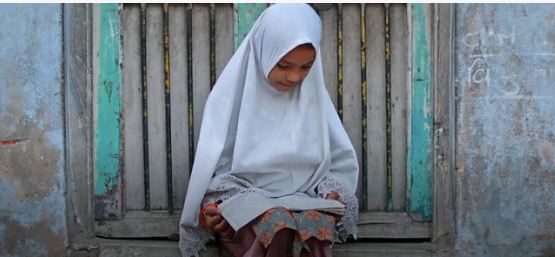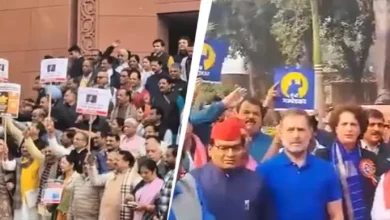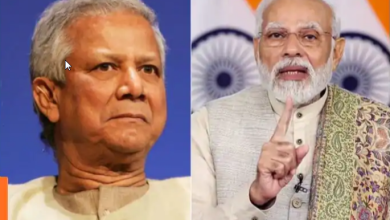Serious concerns mount over fate of Muslim teachers, students after UP court scraps Madrasa Board
 Lucknow: The fate of thousands of Muslim teachers and lakhs of Muslim students hangs in balance as Allahabad High Court scrapped the Uttar Pradesh Board of Madrasa Education Act 2004 calling it ‘unconstitutional’.
Lucknow: The fate of thousands of Muslim teachers and lakhs of Muslim students hangs in balance as Allahabad High Court scrapped the Uttar Pradesh Board of Madrasa Education Act 2004 calling it ‘unconstitutional’.
According to Kashmir Media Service, in BJP ruled Uttar Pradesh state, there are 16,513 recognised madrasas where over 25 lakh students study Islamic and modern subjects.
“If it was declared unconstitutional, the recognition of all recognised madrasas would be invalid. These madrasas will be shut down. The judgment does not say anything about the future of these recognised madrasas. It only says that students will be admitted to government schools. But what about the madrasas which have infrastructure and teachers who are employed there”, said Aijaz Ahmed, President of the Islamic Madrasa Modernisation Teachers Association of India.
In its judgment, the court said: “While students of all other religions are getting educated in all modern subjects denial of the same quality by the Madrasa Board amounts to violation of both Article 21A as well as Article 21 of the Constitution of India”.
“Modern education is being in madrasas. Even teachers for the purpose were appointed. We impart modern education. We are not able to understand what more the government wants,” Aijaz Ahmed said. After the judgment, panic and uncertainty gripped madrasa teachers, administrative staff, and students. “They are now concerned about their future,” he said.
Expressing concerns over the judgment, All India Majlis Ittihadul Muslimeen (AIMIM) chief and MP from Hyderabad, Asaduddin Owaisi, said it was difficult to understand why the court called the act “unconstitutional”. “Articles 29 and 30 of the Constitution give minorities of India the right to run their educational institutions,” he said, adding, “These madrasas are the community institutions of Muslims. Madaris teach us the difference between truth and falsehood, it teaches us the etiquettes of living and the need for justice”.








